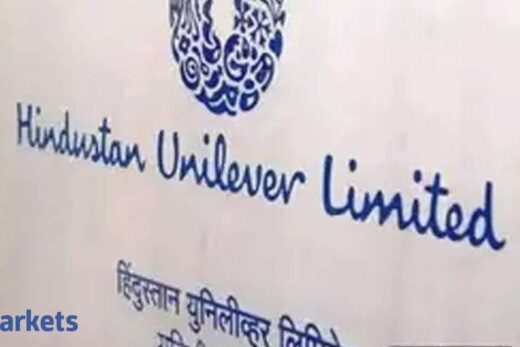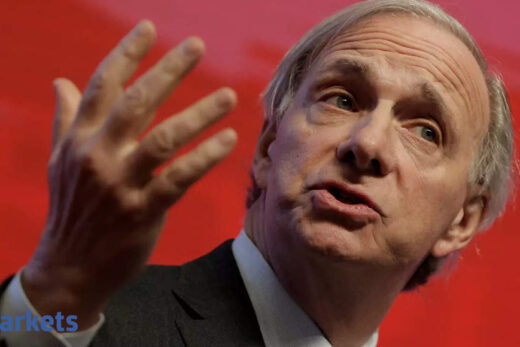While HDFC MF has doubled the expense ratio of the Nifty 50 index fund and the Sensex fund in the direct plans from10 basis points (bps) to 20 bps, SBI MF and UTI MF have raised expense in the Nifty 50 fund from 9 bps to 16 bps and 10 bps to 19 bps, respectively. Tata has raised the expense ratio in the direct plan of Nifty 50 fund from 5 bps to15 bps. The expense ratio in the Sensex index plan rose from 5 bps to 80 bps.
Passively-managed products index funds are cheap because they are structured to mimic the returns of an index. As these funds do not require fund managers’ intervention to decide on the stocks, the costs are lower. These products have been popular in the past few years because of lower expenses and better performance than most actively-managed funds.

Industry officials said the move to raise expense ratio might be to improve their profitability.
“The last financial year saw outflows from actively-managed equity schemes and margins are under pressure. As fund houses see some traction in index funds, they will look to benefit from this trend and make some profit by marginally hiking expense ratio,” said the CEO of a domestic fund house.
The increase in total expense ratio has been despite assets under management going up. Index funds have seen their assets double from ?10,297 crore in May 2020 to ?20,426 crore in April 2021. Actively-managed equity assets rose 51% from ?6.5 lakh crore to ?9.8 lakh crore in the same period.
Two other popular Nifty index funds by ICICI Prudential Mutual and Motilal Oswal Mutual continue to charge 10 bps as expense ratio.
Actively-managed large-cap funds have struggled to beat passive funds in the recent past, prompting a shift in allocations to index funds and exchange traded funds. As per data from SPIVA India, over longer horizons, 68.42% of the actively-managed large-cap funds have underperformed over the 10-year period ending in December 2020.
Though the increase in expense ratio makes index funds costlier, it is still not a reason to shift from these products.



